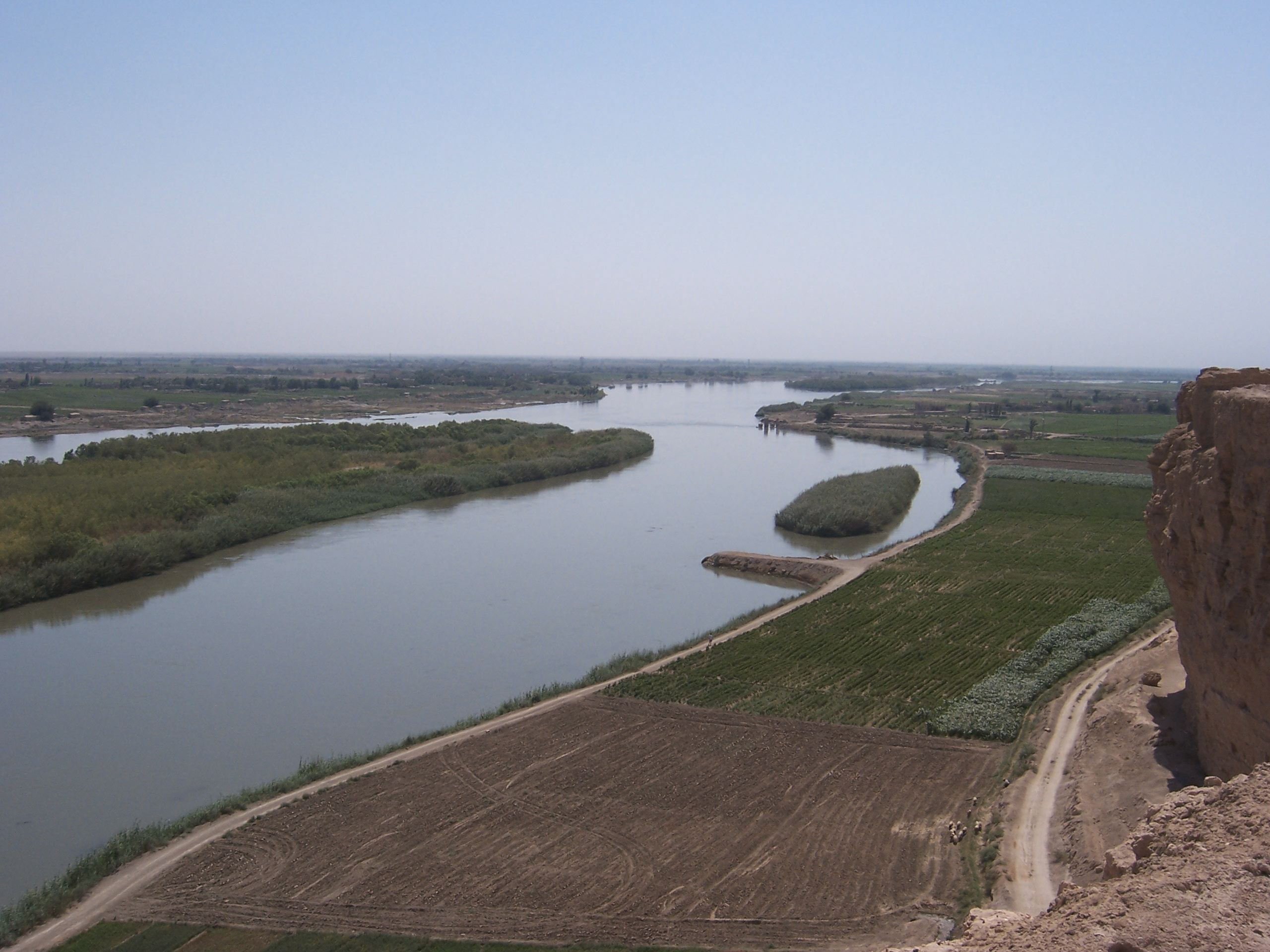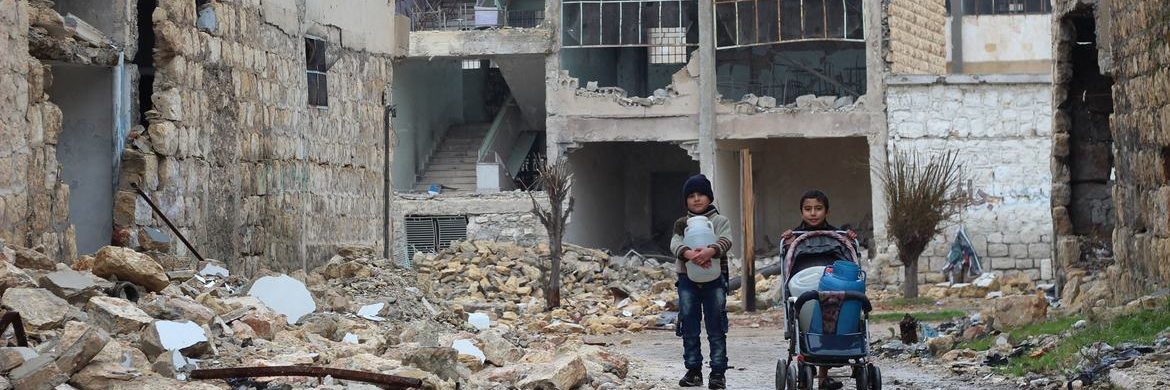“Some 4,000 rapid diagnostic tests have been delivered to support the work of rapid response teams deployed to investigate suspected cases,” said the UN. Source: UNICEF, Khuder Al-Issa.
On September 10 the Syrian Ministry of Health officially declared an outbreak of cholera with the UN now saying it’s a cause for concern.
Following the death of one person and 15 confirmed cases, a cholera outbreak was declared with majority of infections reported from Aleppo and Deir-ez-Zor.
It’s believed that between August 25 and September 10, close to 1000 people were reported to have cases of “severe acute watery diarrhoea” with at least eight people dead from the illness.
More than 20 people are confirmed to have cholera with another five deaths recorded as of September 14. Officials are confident they know where the outbreak started.
“Based on a rapid assessment conducted by health authorities and partners, the source of infection is believed to be linked to people drinking unsafe water from the Euphrates River and using contaminated water to irrigate crops, resulting in food contamination,” said UN Humanitarian Coordinator Imran Riza.

The Euphrates is one of the longest rivers in the Middle East and runs straight through Syria.
It’s estimated that Syria pulls 85 per cent of its water supply from the Euphrates which also serves as a water source for 23 million people across the Middle East.
Syria is experiencing severe water shortages with the Euphrates levels dropping alarmingly low due to years of conflict which has had a devastating impact on sewerage networks and water treatment plants.
“Water shortages are forcing households to resort to negative coping mechanisms, such as changing hygiene practices or increasing household debt to afford water costs,” said Riza.
The UN in collaboration with WHO and UNICEF has sent humanitarian teams to help with much needed water safety and sanitation.
“Since late August, health partners have been actively working to strengthen preparedness and response capacity for potential outbreaks in all affected governorates,” the UN said.
“Early warning surveillance has been intensified in areas where the outbreak has been reported and other high-risk areas, including in camps hosting internally displaced persons.”
Clean water has been sent to affected areas with Syria also calling on the global community to send much needed supplies like medicine, food and more water.





